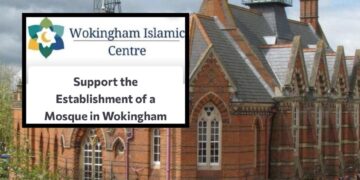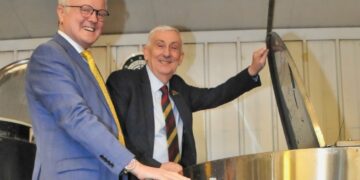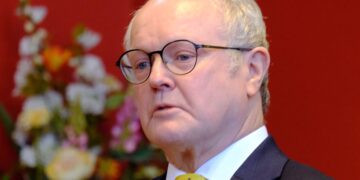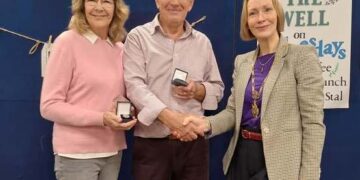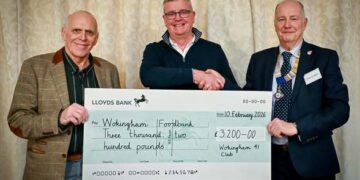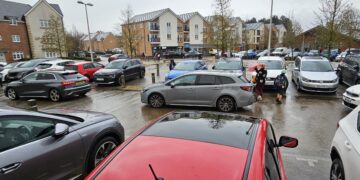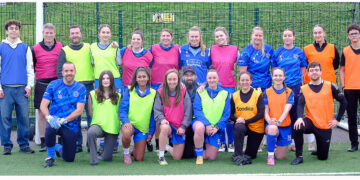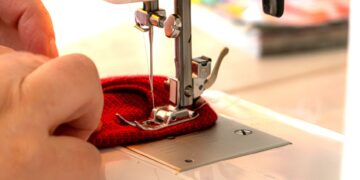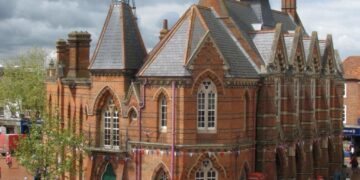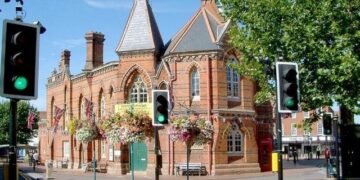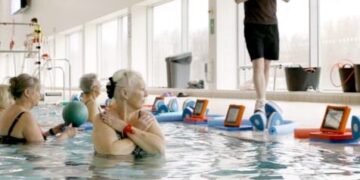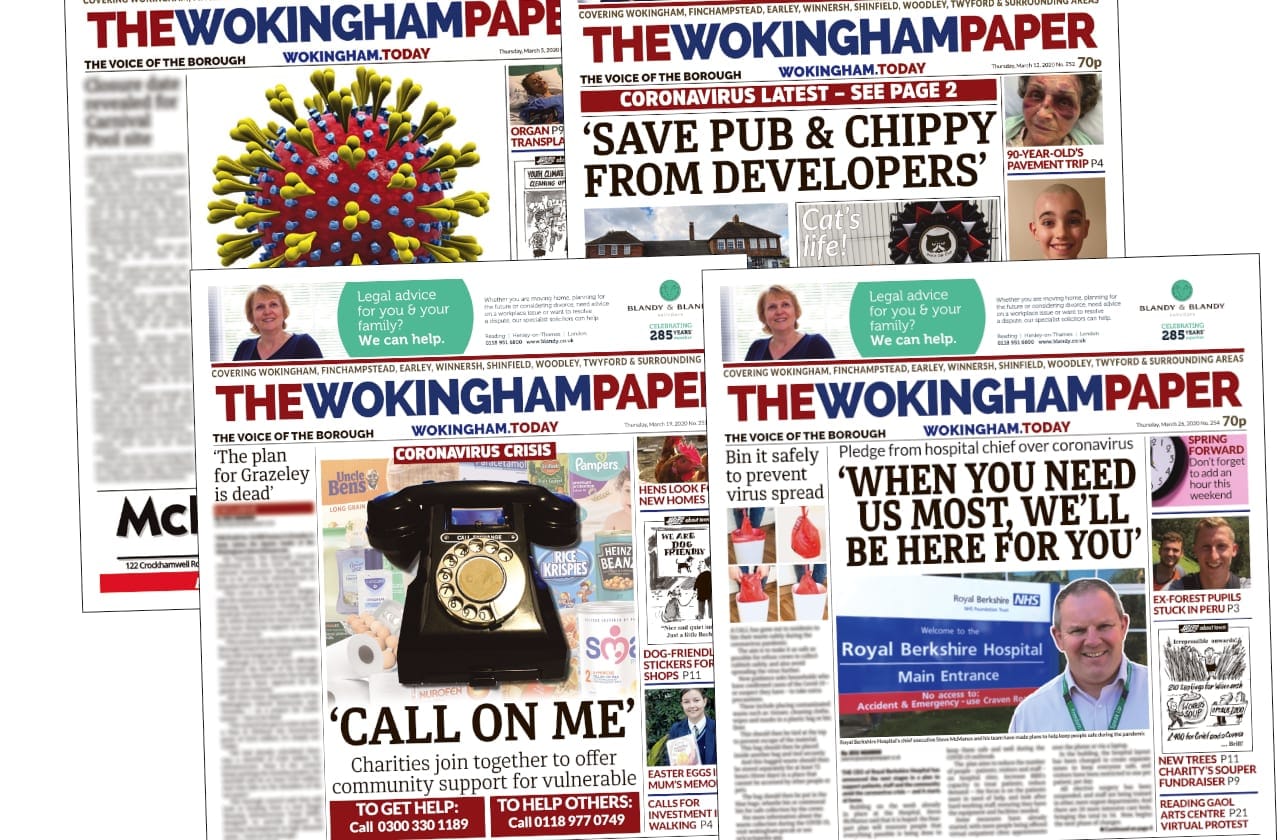THE CASE at Willow Bank Infants School set the tone for March. Although there had only been 85 cases confirmed in the UK by the time our March 5 issue had come out, coronavirus was on the rise.
Professor Ben Cowling predicted that there would be more than 1,000 cases within three weeks. He was right, and as we end the year, we are seeing more than 36,000 cases a day.
He said: “One of the priorities for the government is to implement measures that will slow down the spread of infection so that hospitals do not face a major surge in cases in April or May.
“A brief window still remains within which to prepare for what will shortly be recognised as a global pandemic.”
He also called for the closure of public venues, such as schools, places of worship and sports stadiums to minimise contact among the community.
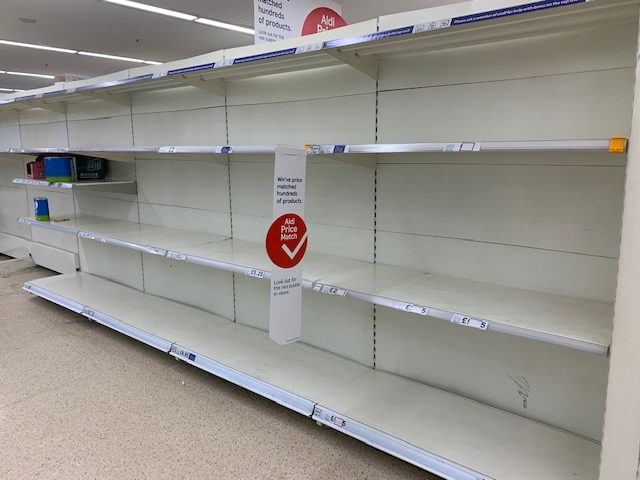
At the same time, supermarket shelves were starting to empty as people stocked up on items such as hand sanitiser, pasta and toilet paper.
We reported one shopper who said: “There was a woman in my local supermarket wearing a face mask with two trolleys. One was laden with four packets of 24 rolls of toilet paper, the other stacked with paracetamol, anti-bacterial spray, soaps and wipes.
“It seems like an overreaction.”
At the time, the wearing of face coverings was unusual.
Supermarkets and chemists started to introduce rationing in an attempt to meet demand.
Elsewhere, life continued as normal with plans being made for summer fun days, neighbourhood meetings, crime conferences and skittles nights.
A vegan wedding fair was planned for Trunkwell House and churches in Crowthorne asked people to save the date for a big VE Day street party.
Our issue of March 12 was the last one fully produced with our team working from the Wokingham.Today offices as we started working from home, as did much of the country.
The front page featured a petition organised by Woodley Conservatives to try and save the Good Companions pub from being turned into housing, while the annual exotic cat show was held once again in Twyford.
Page 2 contained news that a patient in the Royal Berkshire Hospital had died after testing positive for the coronavirus, the first local death.
The mixture of normal life continued in our pages: quiz nights, nestled with a wassail for a community orchid, a group of residents huddled together to protest plans to install a phone mast in Winnersh, and a variety show raised more than £1,000 for Macmillan Cancer Care.
But, the London Marathon was postponed and the Reading Half Marahon as well as football matches were suspended. Then there were 200 confirmed cases in a single day, a new record.
The Chancellor had initially announced a £12 billion package of emergency support in his budget, but this would increase later in the month.
The key seven days to the year began on Monday, March 16, when prime minister Boris Johnson asked people to work from home and avoid pubs and restaurants, although they can stay open. Two days later, it was announced that schools would close on Friday, March 20, until further notice – and on that day, Boris Johnson ordered pubs, restaurants, gyms and other venues to shut.
To soften the blow, the chancellor announced the government’s furlough scheme, paying 80% of workers wages for the next three months. The scheme would be extended several times and is currently due to end in April.
That week, we helped launch the borough’s community response to coronavirus: One Front Door.
The idea was revolutionary but also very simple. Wokingham Borough Council teamed up with charities to offer resources for people who had to self-isolate, be it shopping, a listening ear or picking up prescriptions.
Spearheaded by Citizens Advice, residents could call one number and get connected to the support they needed. The service is still in use today, and seeing demand increase.
Our front page of March 19 featured two telephone numbers: one to get help and the other to give it. You responded in droves, and council staff were deployed, so the services were fully staffed fairly quickly.

The same issue had a large photo of something that has now become normal life: people queuing for entrance into the supermarket.
But unlike now where we stay two metres apart, this was a huddle as demand outstripped supply, particularly for toilet roll.
As ever, some people try and take advantage with bottles of hand gel going for £100 each on eBay.
Although the government hadn’t called a lockdown, shops and businesses started to make their own arrangements: Reading Buses made its Saturday timetable a daily one, local elections were postponed for a year.
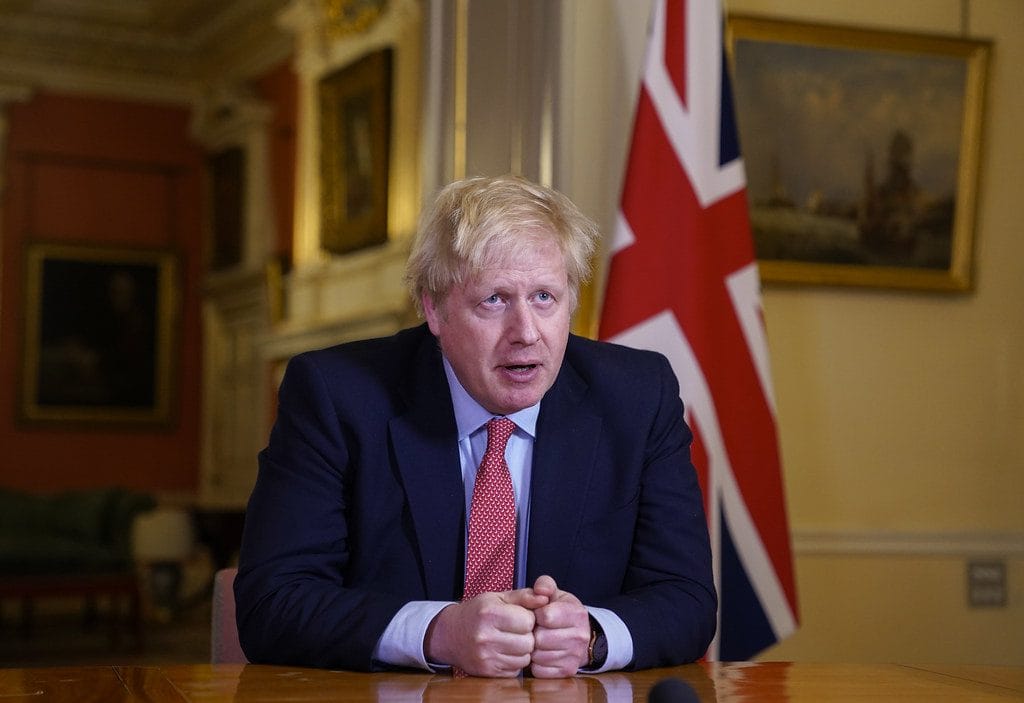
However, the situation changed rapidly over the weekend and on Monday, March 23, the Prime Minister made an address to the nation, announcing the first national lockdown.
“The coronavirus is the biggest threat this country has faced for decades,” he said. “If too many people become seriously unwell at one time, the NHS will be unable to handle it – meaning more people are likely to die, not just from Coronavirus but from other illnesses as well.
“So it’s vital to slow the spread of the disease.”
He added: “From this evening I must give the British people a very simple instruction – you must stay at home.”
The exceptions were for shopping, daily exercise, medical need and commuting. Fines were threatened for non-compliance.
It was intended to be for just three weeks and then review the situation.
“We will come through it stronger than ever,” he said.
“We will beat the coronavirus and we will beat it together.”
Although Boris Johnson had said that parks could remain open, the borough council closed play parks out of concerns that children would increase any transmission of the virus.
re3 recycling centres were also closed.
Council leader John Halsall said that covid was the biggest challenge the country has faced since the Second World War, pledging that his team were ready.
“We have well established plans in place with our Public Health colleagues,” he said. “Our technology is robust, our staff are resilient and determined to provide the services people rely on.”
As part of this, daily meetings were held to meet the latest concerns and challenges.
Although council meetings were postponed temporarily, meetings of the Maiden Erlegh Residents’ Association were among the first go virtual.
Elsewhere, BBC Radio Berkshire moved to a new broadcast pattern of four-hour shows featuring popular presenters such as Bill Buckley, Phil Kennedy and Sarah Walker. Its Make A Difference slots explained how communities were coming together in unique ways to help each other.
Events were being cancelled left, right and centre: the Berkshire Show and the Wokingham May Fayre were among the early casualties.
There was one other story that appeared in the March 26 edition of the paper: the AWE Burghfield site had to extend its emergency zone, and this would affect the council’s plans to create a garden town in Grazeley.
Quite how was then not known.


